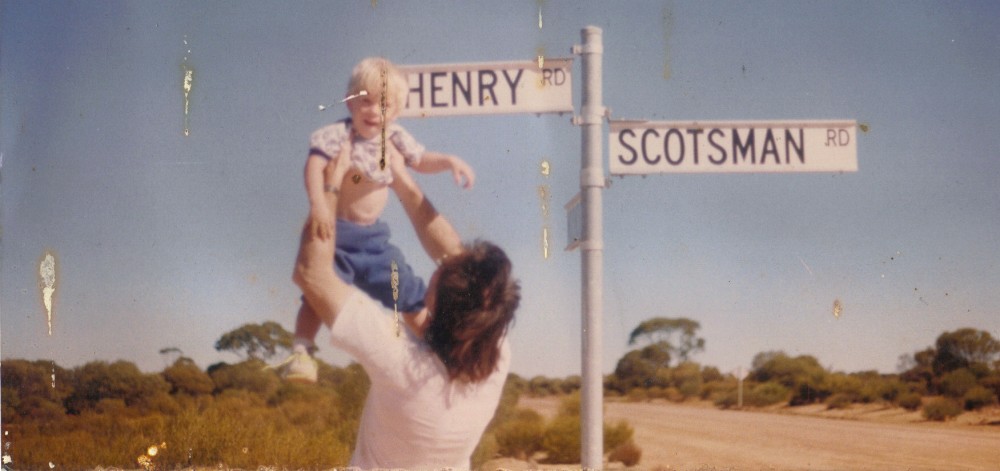If you did get wind of that last turbine driven rockabilly number you probably found the syllable count to be the most contentious part.
You could argue about whether a commissioner of any energy system needs to act as a metaphor for the kind of interests displayed by the billies, if I can call them that (just recently I noticed that a new rock festival coming to Katoomba will feature, among other acts, one doing horrorbilly), and I don’t think a po-faced folk rendition would have worked in the context of leather jackets and quiffs. Can anything political invade rockabilly turf? The apocalyptic end of shockabilly variations is usually cast in terms such as This is the Day the Sun Burned Down – where they are definitely not discussing solar funding.
II
I have been writing in the exercise book again and finding that ideas tend to come out in a more scattered order. This elaborates on some of the experiences I was recounting in earlier posts but there is a tangent at play when the handwritten lyrics move from nine, say, drafts of whole songs to lyrics delivered out of order and not immediately working despite an expectation that, by fitting and being in context, it should.
The first two pieces came about from the news that a work experience kid had discovered an exoplanet. Considering how recently we were ooh-ing and aah-ing about the first ones to be visible in the new telescopes, this trajectory reminds me of climbing Everest or breaking the four minute mile. It starts as this amazing thing and then is absorbed; at least enough for the bright and talented to pick up and pass on.
None of this ends up in the draft as I am in too much of a reverie about the space in general that the exoplanet planned for the chorus.
[Shockabilly draft]
EXOPLANET
Now that our vision extends beyond the reach
A yearning for learning but what will it teach
Worlds inconceivable light years away
A vaccuum to a void disperse and display
ExoplanetThe telescope tells of hope
Think outside the envelope
Stars adrift in a cosmic shift
The odds of gods being Man’s greatest gift
ExoplanetOne’s elusive now exclusive
The astronomical pay purview
A dearth on the earth we are but few
No offer up to this effusive
ExoplanetIn the past till the last we looked up to the sky
Wondered where what was there we asked why
As all our fronteirs are receding
Process the progress still proceeding
Exoplanet
I wrote this on 25th of June so my thoughts about it have changed but, at the time, I decided the following day to try again. This time not looking at the first version but using one particularly strong line ‘The odds of gods being Man’s greatest gift’
The vastness of the cosmos impresses me no end
As we all turn in circles in these eternal circles
Fade into the shade where life begins again
The burnt out stars that we still see
Their dead state serves as company
Switching on each witching hour
Wishing on a meteor shower
Light years away we like to stray
Where time determines night meets day
Space in place across divides
The odds that gods alone decide
Beyond every notion that we ever had
A guide to the good, a bid for the bad
Averaging out each moment of doubt
The vastness of the cosmos impresses me no end
As we turn in circles in these eternal circles
Ignite in the light life begins again
I wrote it but realised that it, too, had not stayed on exoplanets or, indeed, had much to say about them at all. It would require its own title. This doesn’t commonly happen as I tend to write from titles but, yes, I settled on IN THE SPACE PROVIDED
I let it rest there and went off and wrote a piece called REINVENTION as that was something foremost in my life, about to be offered a package.
Anyway, that was fine
I then returned to the space theme although I didn’t planet and really the two snatches there are more pissing around than anything.
And still I don’t have an exoplanet song.
